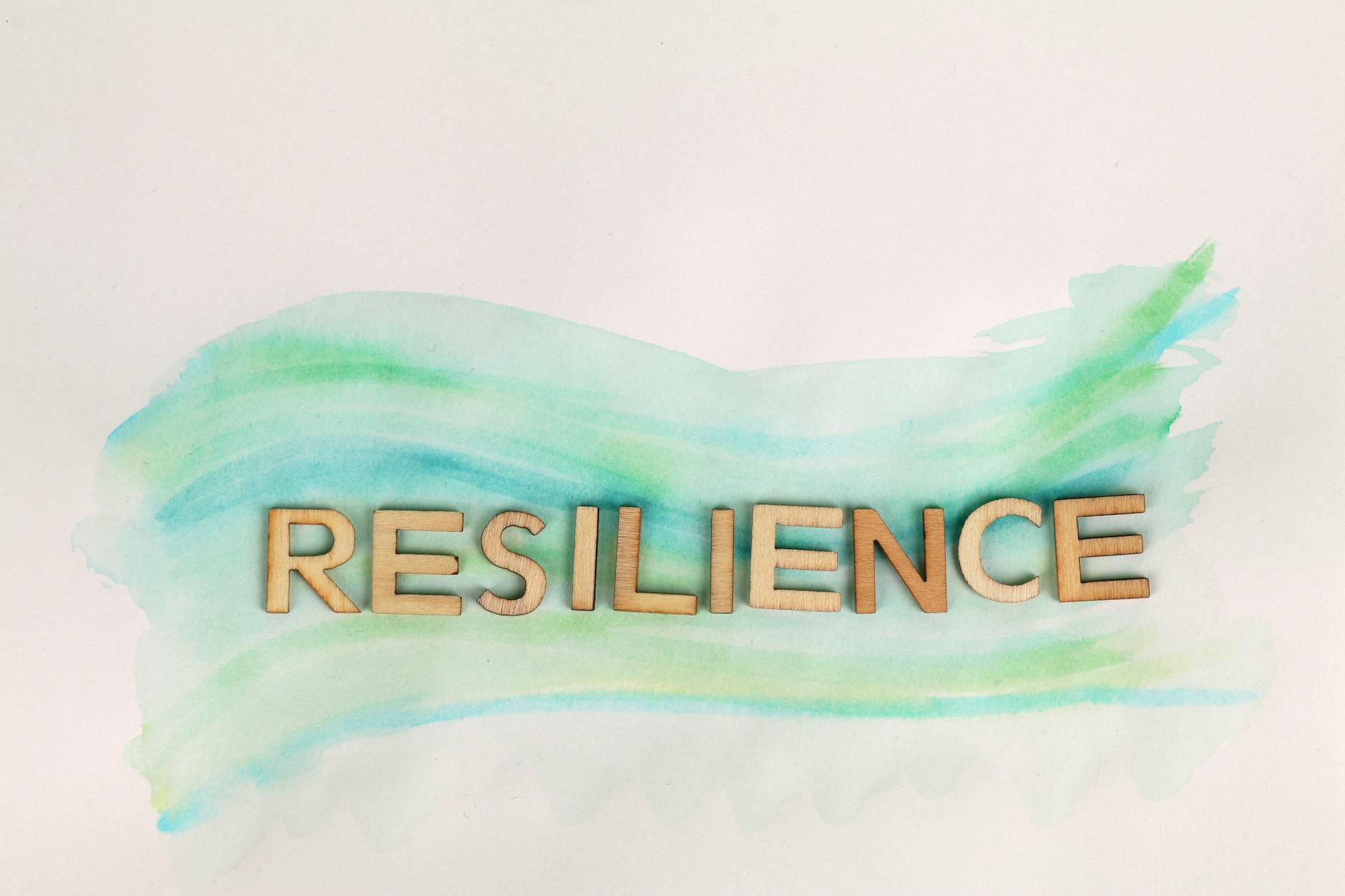Life throws everyone curveballs, and that includes our little ones. But how do we equip them to face challenges, overcome setbacks, and bounce back stronger? The answer lies in fostering resilience, a critical skill for navigating the ups and downs of life.
What is Resilience and Why Does it Matter?
Resilience is the ability to adapt to adversity, learn from challenges, and emerge stronger. It’s not about avoiding difficulties, but rather developing the tools to cope with them effectively. Here’s why resilience is so important for children:
- Improved emotional well-being: Resilient children are better equipped to manage stress, anxiety, and disappointment.
- Enhanced coping skills: They learn healthy ways to deal with challenges, building confidence and problem-solving abilities.
- Greater self-esteem: Overcoming obstacles fosters a sense of self-efficacy and a belief in their own abilities.
Building a Foundation of Resilience: Strategies for Parents
The good news is, resilience can be nurtured! Here are some practical strategies you can incorporate into your parenting style:
- Foster a Secure Attachment: A strong and loving bond with you provides a safe haven for your child to explore the world and return to when facing difficulties [1].
- Validate Their Feelings: Acknowledge and accept their emotions, both positive and negative. Let them know it’s okay to feel sad, frustrated, or scared.
- Encourage Problem-Solving: Guide them through challenges without taking over. Help them brainstorm solutions and celebrate their efforts, even if they don’t always succeed at first.
- Teach Healthy Coping Skills: Model healthy ways to manage stress, such as deep breathing exercises or mindfulness techniques.
- Provide Opportunities for Growth: Let them experience challenges and setbacks in a safe and supportive environment. This could be through age-appropriate chores, participating in sports, or overcoming a fear.
- Celebrate Effort: Focus on praising their effort and perseverance, not just the outcome.
Building resilience is a journey, not a destination. There will be setbacks along the way, but by providing a loving and supportive environment, you can empower your child to navigate challenges and become a stronger, more confident individual.
Additional Resources:
- The American Academy of Pediatrics offers a wealth of information on child development and resilience.
- The National Association for the Education of Young Children (NAEYC) has resources on fostering social-emotional development in children.
By incorporating these strategies and fostering a supportive environment, you can equip your child with the tools they need to be resilient and thrive!


Leave a Reply